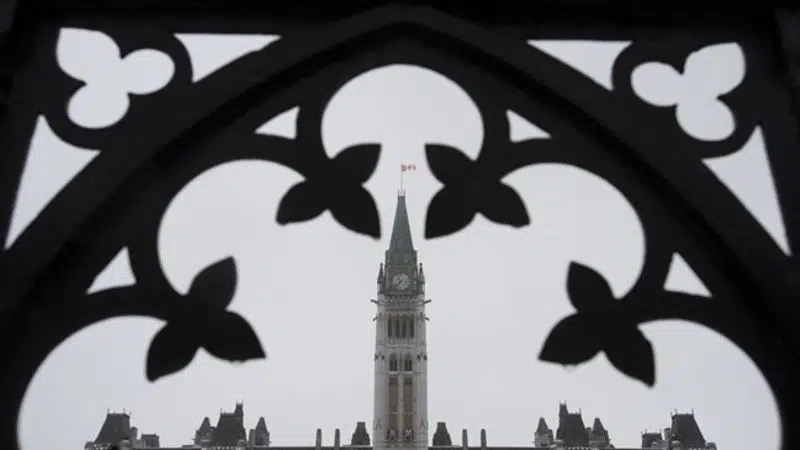
Feds have ‘significant concern’ about impact of economic shocks on indebted
OTTAWA — In the lead up to his pre-election budget, federal Finance Minister Bill Morneau has been alerted by his department that Canadians’ heavy debts have made abrupt shocks to incomes, house prices or interest rates a “significant concern,” according to internal documents.
On March 19, Morneau will release the Liberal government’s final budget before the October federal election. He’s underlined several issues expected to be addressed in the document, including prescription-drug costs, skills training for workers and support for seniors.
Morneau’s also hinted changes are on the way to help make home-buying more accessible for millennials, a generation of people now in their mid-20s to late 30s.


